Ever caught yourself thinking about how the full moon affects mood mysteriously? We’re not saying you’re a werewolf here, but many often confess to feeling reflective under the moon’s glow and not to forget the age-old enchantment with the moon.
So let’s learn about the myth and mystery of how it affects behavior and emotions.
Science itself may not back it up directly but many people say that full moon affects moods spiritually. This piece will address seven effects of the full moon on emotions, behavior and mental health.
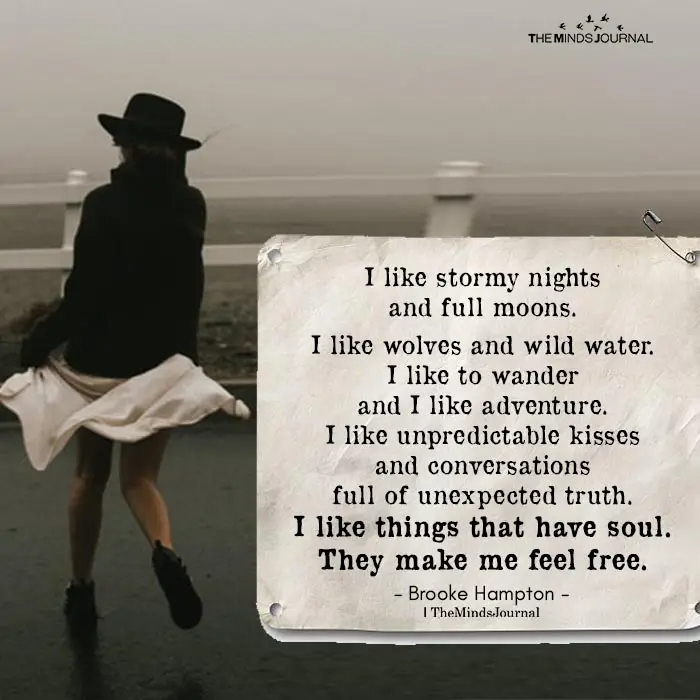
But before we dive into the lunar vibes and find out how does the moon affect us spiritually and might be manipulating our emotions, we need to know more about what causes it.
Why full moon affects moods and behavior?
There are various theories that make people believe that the full moon affects moods. One of these suggests that the moon’s gravitational pull on Earth’s water could subtly affect the amount of water in our bodies, thereby affecting our moods.
Another full moon effect on mood changes may be connected to sleep disturbance caused by high brightness of the moon during full moon.
Cultural influences add their bit with historical associations and folklore shaping how people perceive it. Though they have not been proven beyond doubt, these factors offer interesting explanations for why there seems to be a link between a full moon and mental health.
7 Effects Of The Full Moon On Emotions And Behavior
1. Energized Nights
A lot of people argue that they gain energy when there is a full moon. Some say that it is like a gravitational pull from the moon that cause tides in water bodies. Whereas science does not back this, many are known to live more during this lunar phase.
2. Sleepy Surprises
On the other side, there are others who say they cannot sleep well because of the full moon; either they cannot fall asleep at all, or have dreams that seem too real or feel uneasy in bed.
Even though research is divided on this, such stories aren’t going anywhere indicating that maybe the moon could be a tricky sleep disturber.
Related: How Planets Influence The 8 Cycles Of Life, Astrology Says
3. Emotional Rollercoaster
This connection between intense feelings and the full moon has been made before. It amplifies emotions therefore making us to be somewhat susceptible to both good and bad.
The investigations are limited but cultural along with psychological associations with full moons can induce placebo response for intensifying emotions.
4. Mood Swing Myths
The werewolves’ tales to mood shifts during phases cycle are some allusions people make on lunar effects of a person’s emotionality. Although these claims lack ample scientific evidence support, cultural influences upon what we feel remain stronger.
5. Creativity Under Moonlight:
Others claim their artistic juices flow highest during those nights when the moon is so full. It is arts like writing, painting and so on that seem to be capable of getting groomed up. There isn’t much evidence but the belief in its influence on the moon can be a catalyst to greatness.
6. Relationship Moonshine:
During a full moon, romantic feelings may be enhanced and social interactions may increase. Some individuals say that they feel more attached or quarrel more at this time. However, while concrete scientific proofs are lacking, the impact of cultural beliefs on relationships is fascinating.
7. Reflecting In Moonbeams:
Wondering how does the moon affect us spiritually? Well, for many, it’s a time when they find themselves absorbed in their own thoughts under the full moonlight.
The brightness of the moon not only illuminates our surroundings but also our inner selves as well. This reflectiveness might lead to an increased mindfulness of moods and aspirations for personal growth.
Release Negative Energy By Understanding The Spiritual Meaning Of Full Moon
While science may not shout from the rooftops about the full moon effect on moods, the cultural and psychological impact can’t be ignored.
Whether it’s a placebo effect, mental suggestion or slight lunar pressure, there are still those who believe in the effects of the full moon on emotions.
The full moon’s mystery still lingers, as we try to find a balance between science and religion that makes us wonder if there is any relationship between the celestial bodies and our own lives.
So, what are your thoughts on the full moon and mental health effects? Share in the comments below!
Frequently Asked Questions (FAQs)
How does the moon affect us spiritually?
It is believed in some cultures that full moons are associated with an increase in energy and spiritual connection; therefore, people’s spirituality is affected by the moon phases.
Why full moon affects moods?
Although there is no scientific proof for the notion that the full moon affects moods according to cultural beliefs, the gravitational forces can make a person feel different.
Does a full moon affect mental health?
There isn’t a single scientific study that supports the idea that the full moon and mental health are related but some might still think that it has an effect on their behavior and emotions.
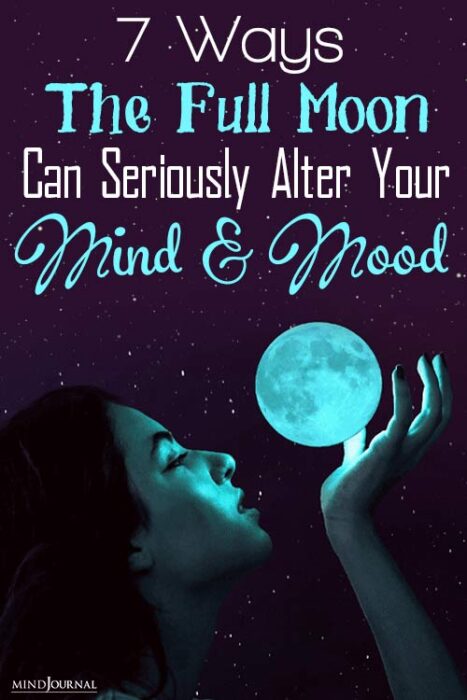
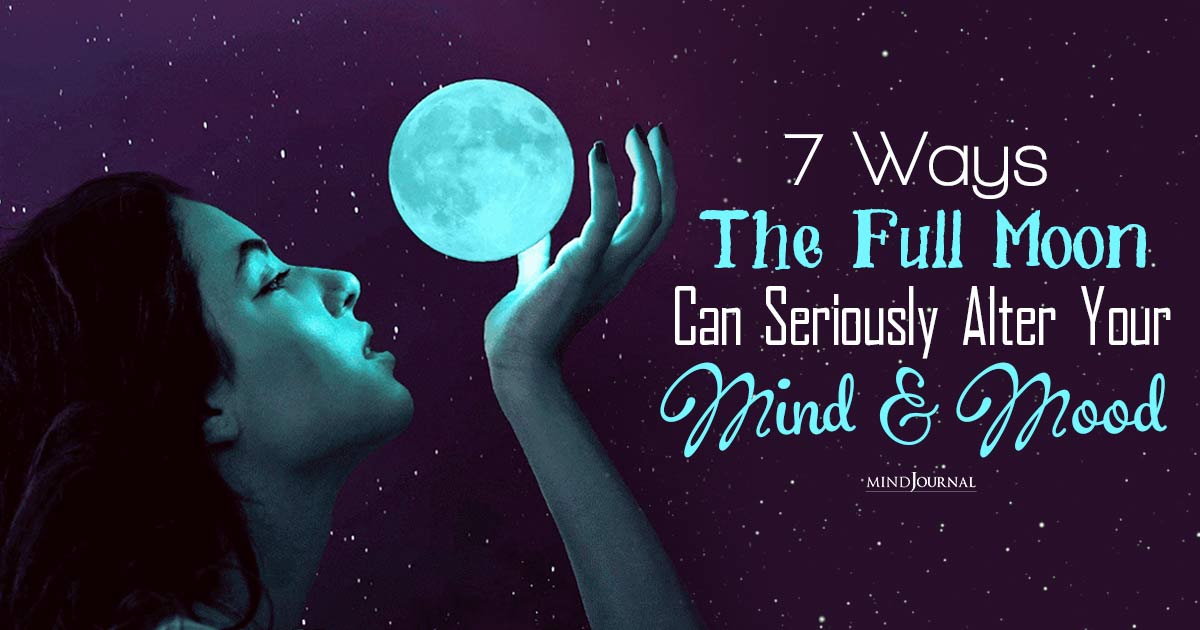
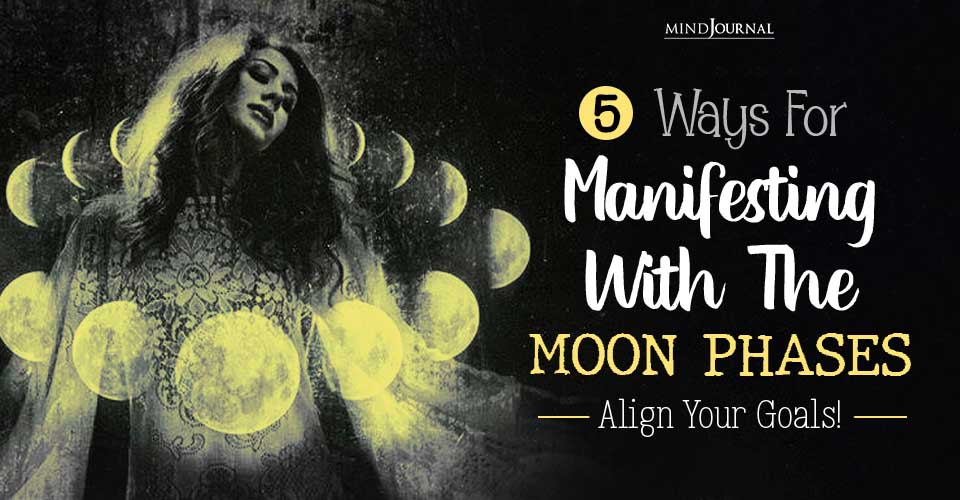
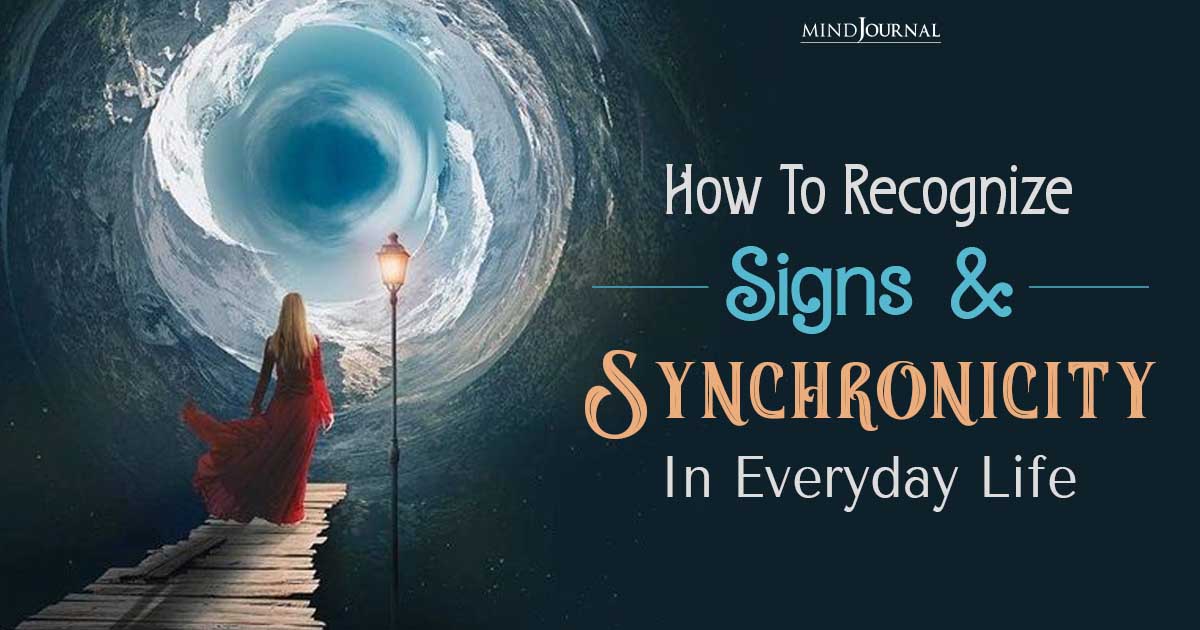
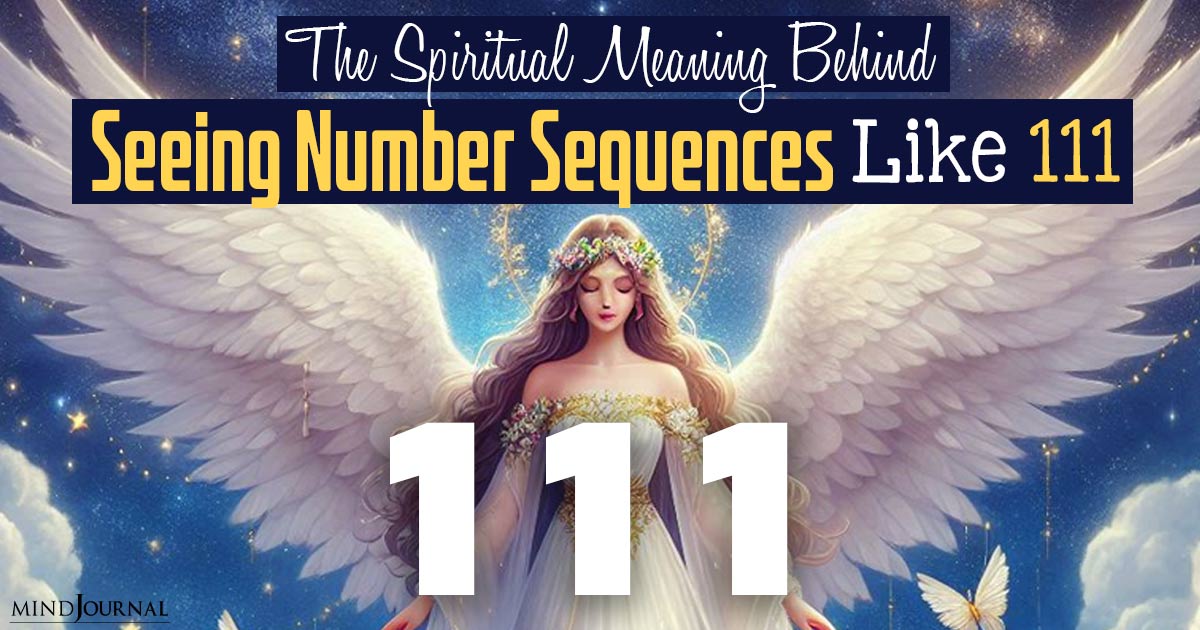

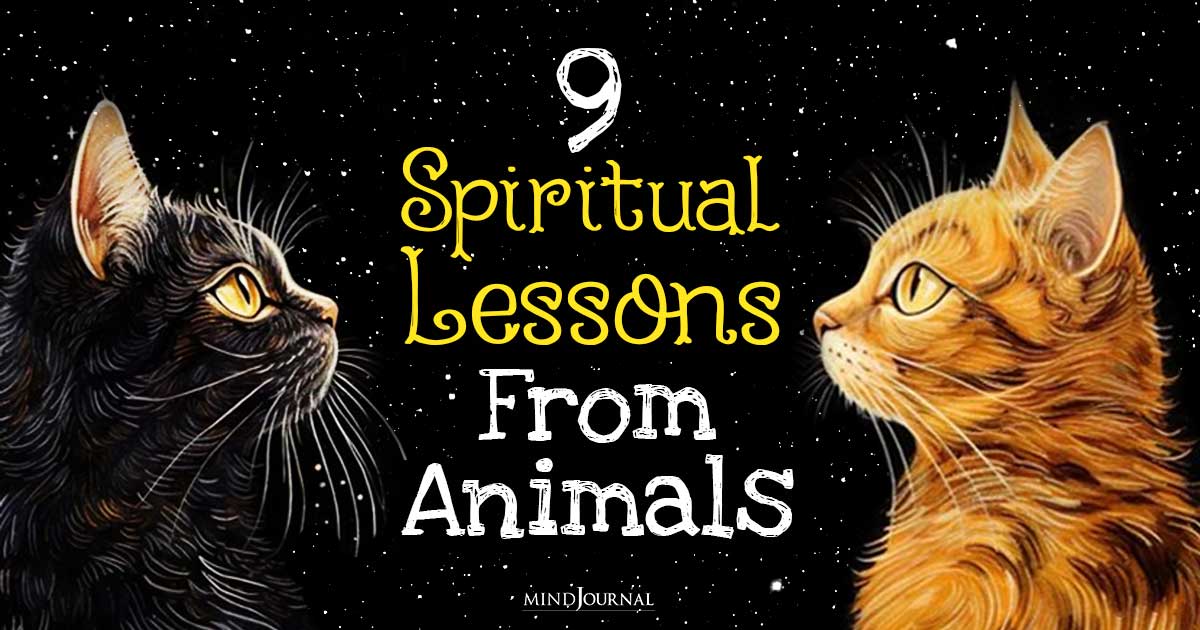
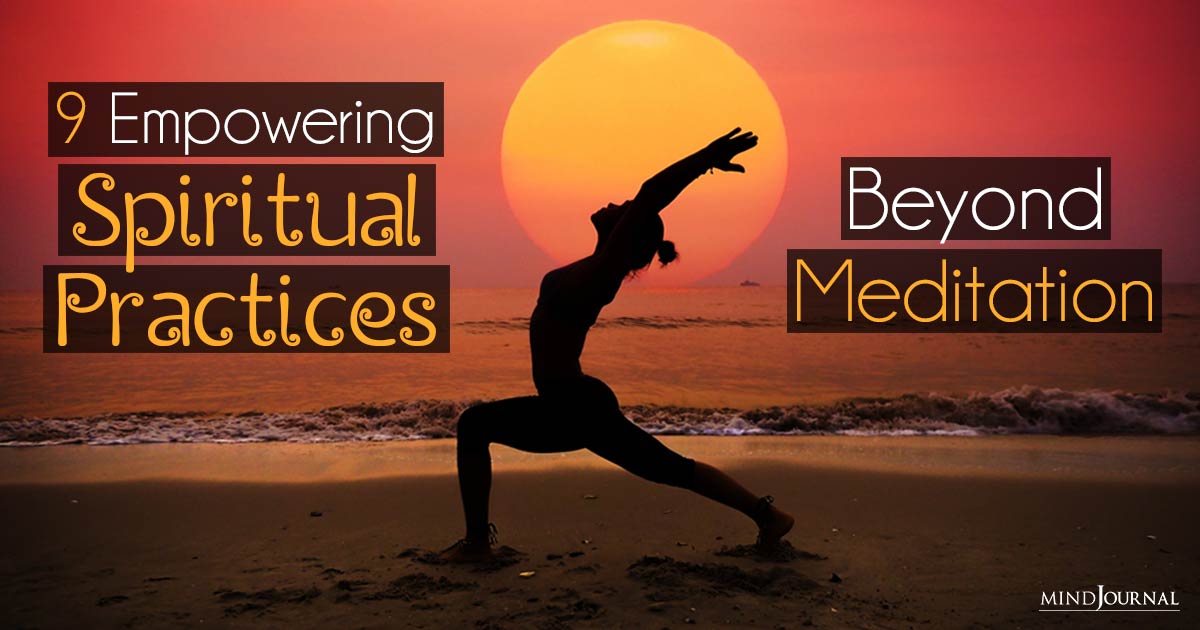

Leave a Reply
You must be logged in to post a comment.